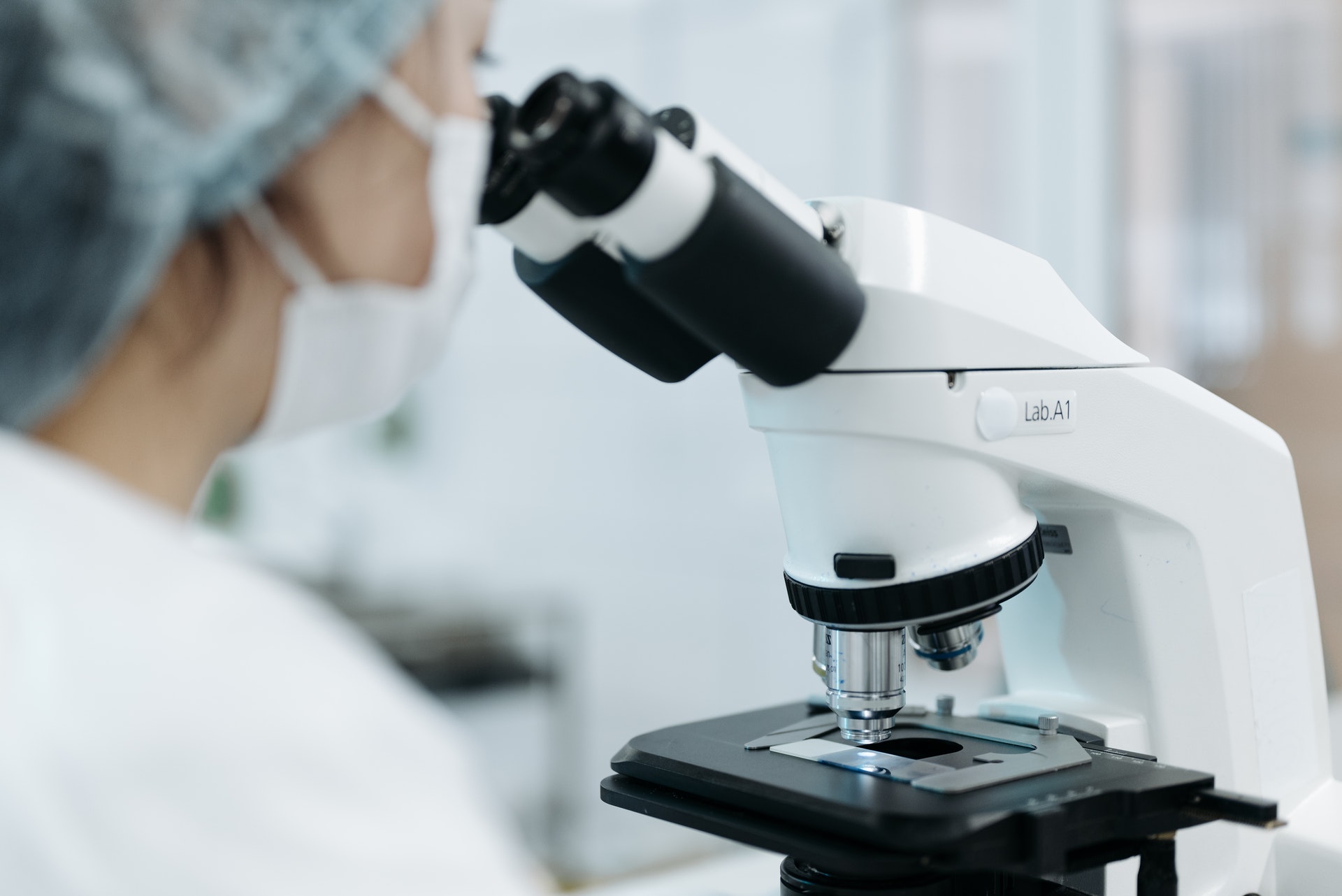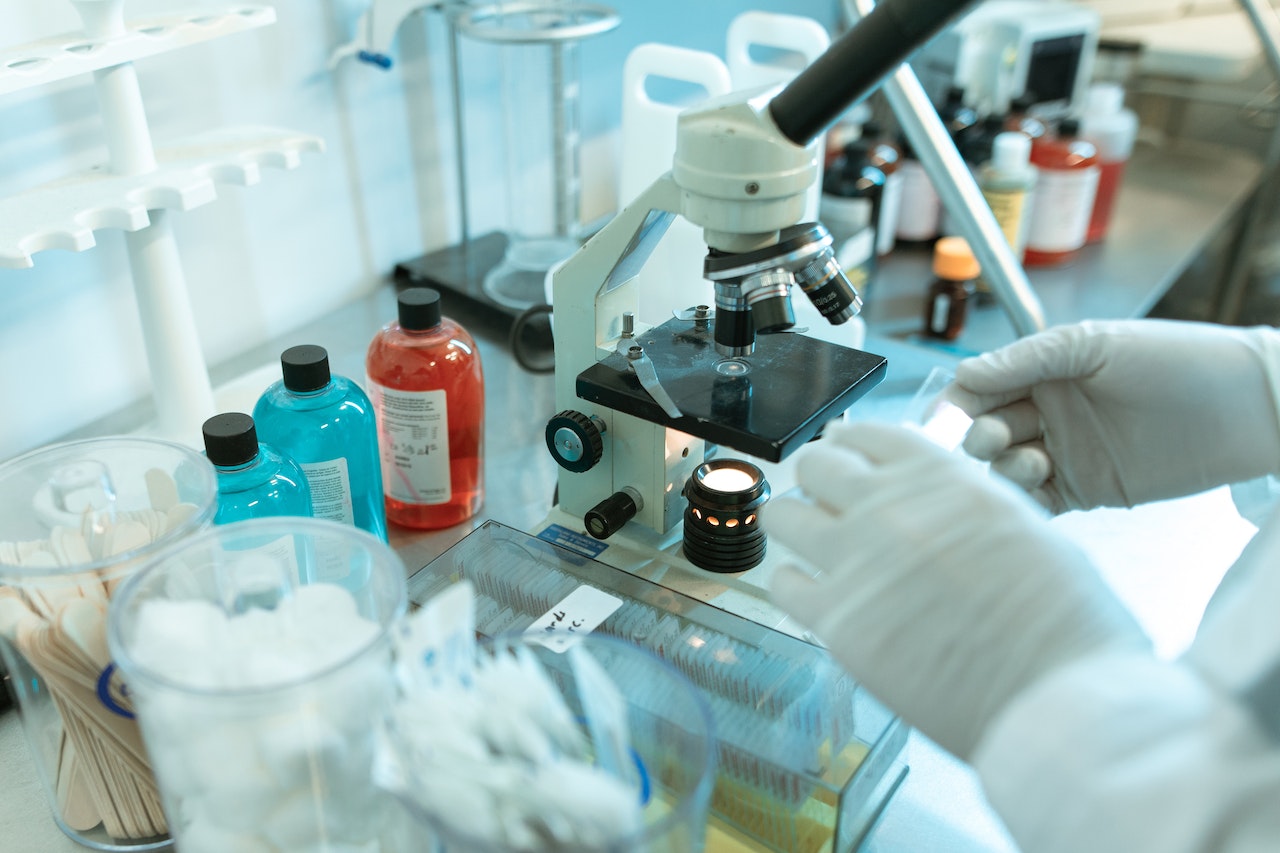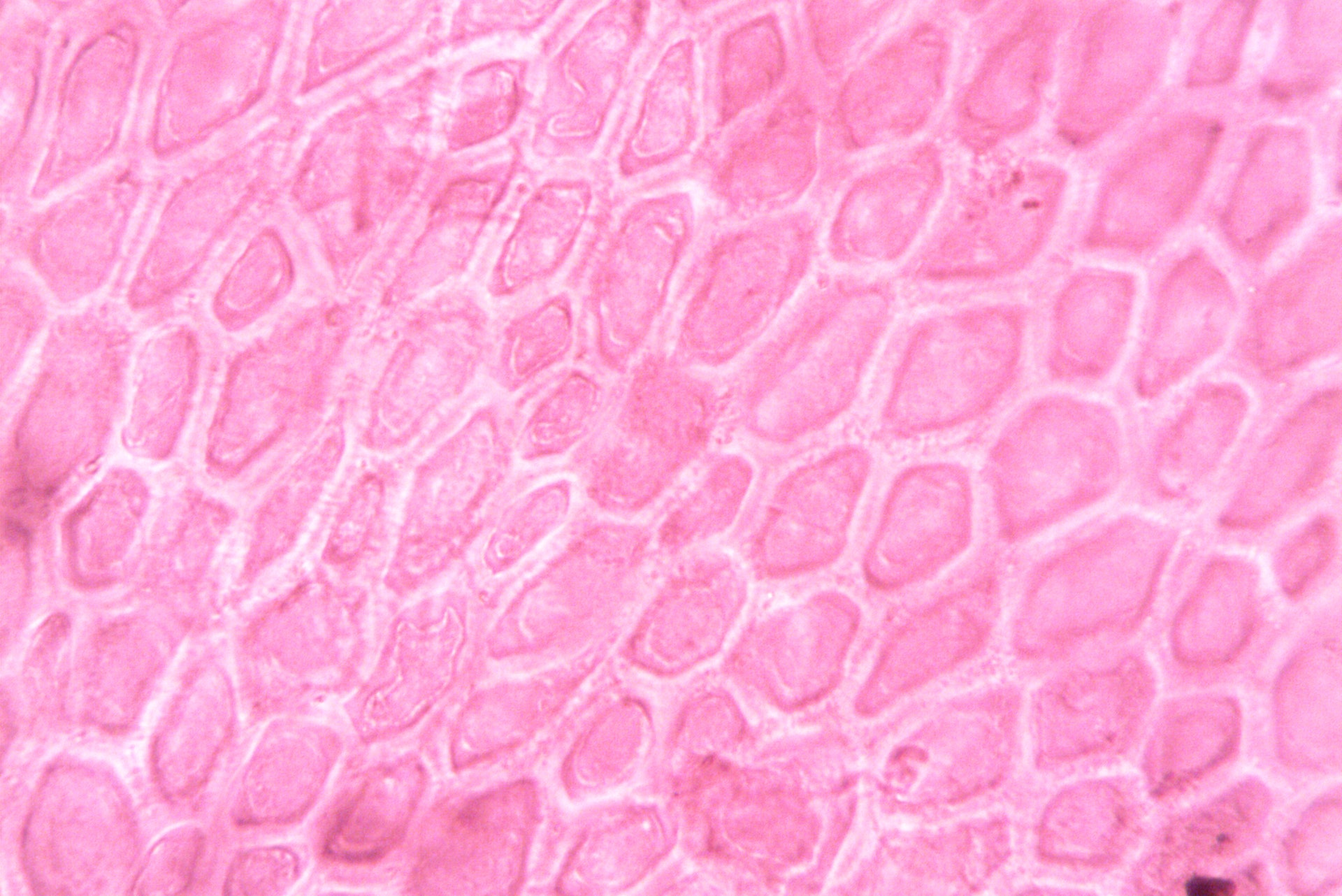About WPC
Established in 1977, Winfield Pathology Consultants and Winfield Laboratory Consultants encompass a group of highly trained, board-certified Anatomic and Clinical Pathologists serving Northwestern Medicine. Our pathologists serve Northwestern Medicine Central DuPage Hospital as well as Northwestern Medicine HealthLab, which provides laboratory services in Illinois, Indiana, Iowa, Missouri and Wisconsin.
Our mission is to provide high-quality pathology services to our communities as well as support the development and advancement of pathology and laboratory medicine.
Our Doctors
Our seasoned and skilled team of pathologists will treat every case that enters the pathology lab with care. Their combined practice proven record demonstrates the professional attention that will be paid to each diagnosis.

Dr. Tiffany Chang, MD
President

Dr. Ajay Patel, MD
Vice President and Medical Director

Dr. Philip Mehaffey, MD

Dr. Silver Daniel, MD
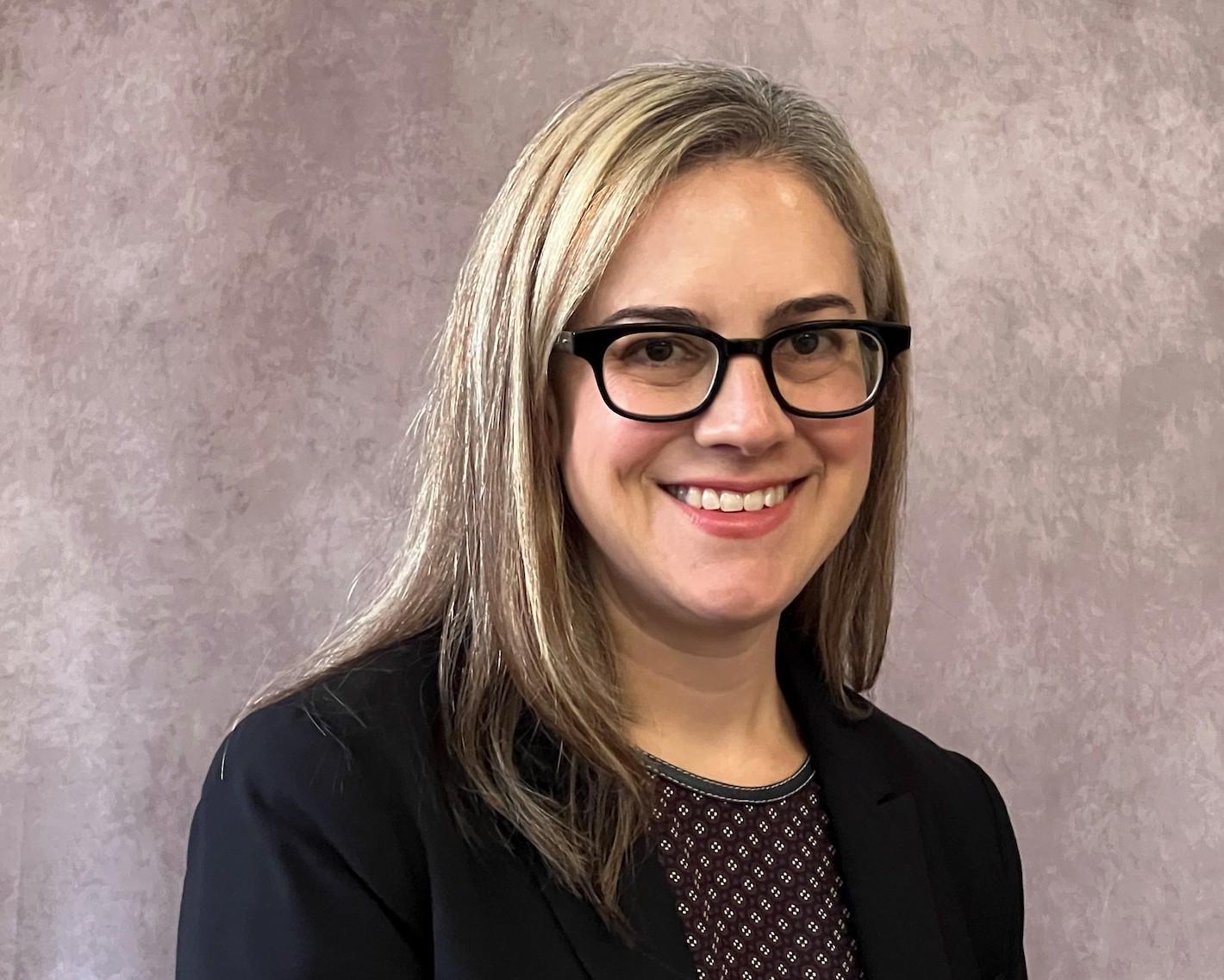
Dr. Stephanie Sitterding, MD

Dr. Adriana Acurio, MD

Dr. Matthew Keeney, MD

Dr. Daniel Pelletier, MD

Dr. Bryce Higa, MD

Dr. Joseph Laakman, MD
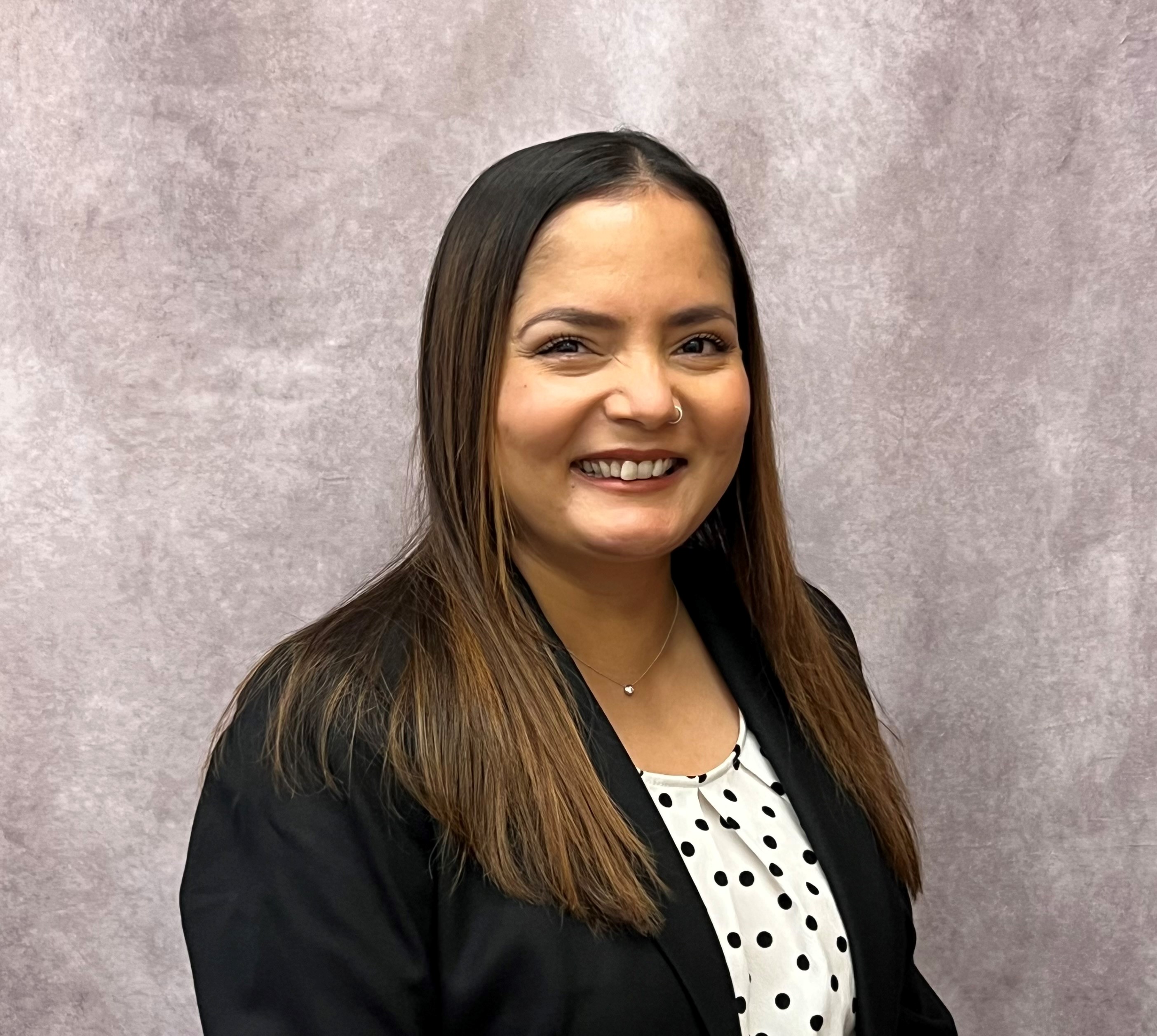
Dr. Neha Dhungana, MD
Pathologist Role
An important part of your care
Patient Care
Pathologists are physicians who specialize in the study of disease including both body tissues (Anatomic Pathology) and body fluids (Clinical Pathology). They are directly responsible for the oversight and interpretation of all laboratory testing and serve as an integral part of the healthcare team by providing information critical to the diagnosis, treatment, and prevention of disease.

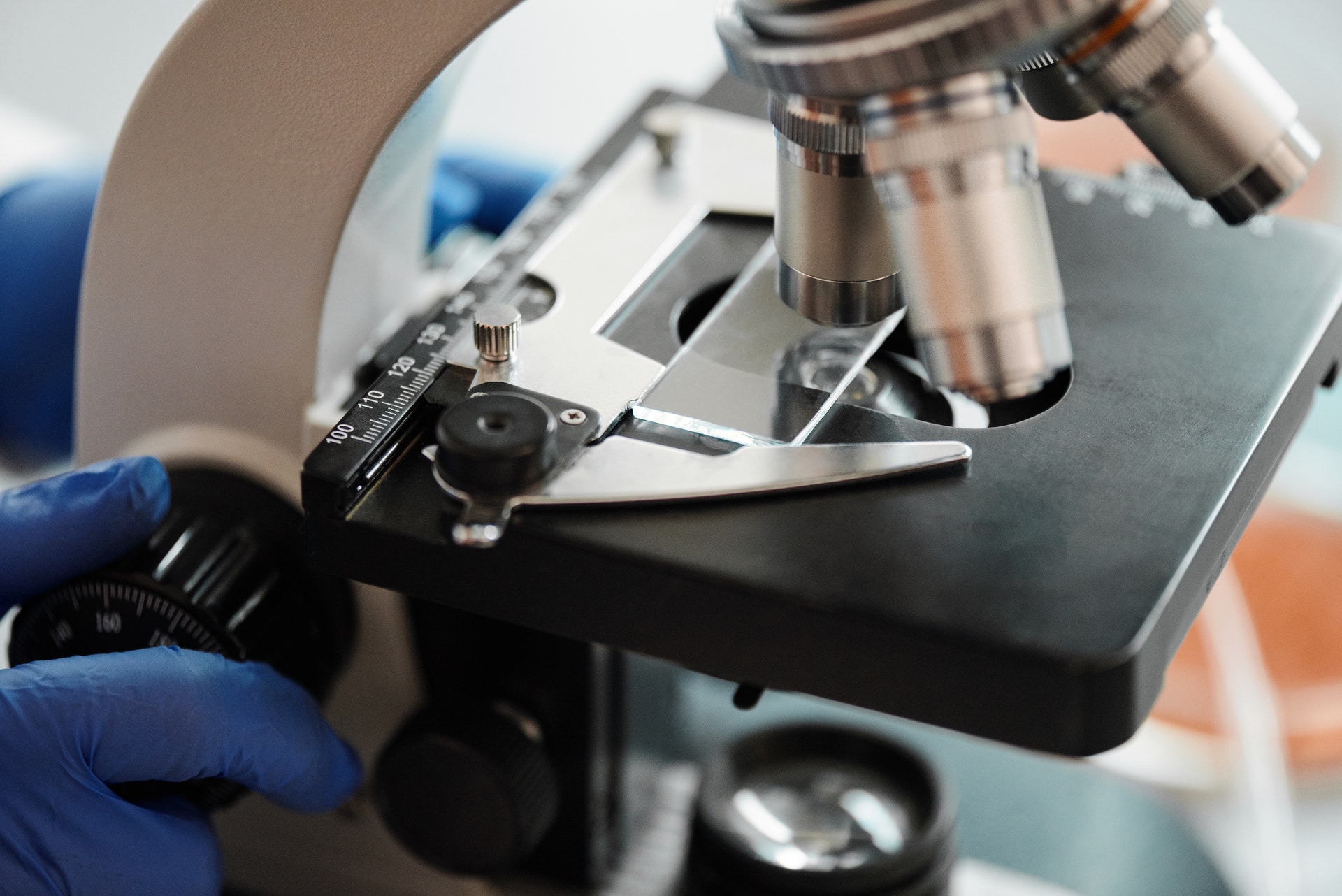
Doing Our Part
Even though you may never see them, pathologists are directly involved in your care while working behind the scenes with your doctor and providing additional expertise. They examine tissues and body fluids, order and interpret laboratory tests, and provide diagnoses that help guide your treatment. Pathologists also work closely with other physicians and healthcare professionals to ensure the best possible outcomes for patients.
Our Services
Quality service at every level
Anatomic Pathology
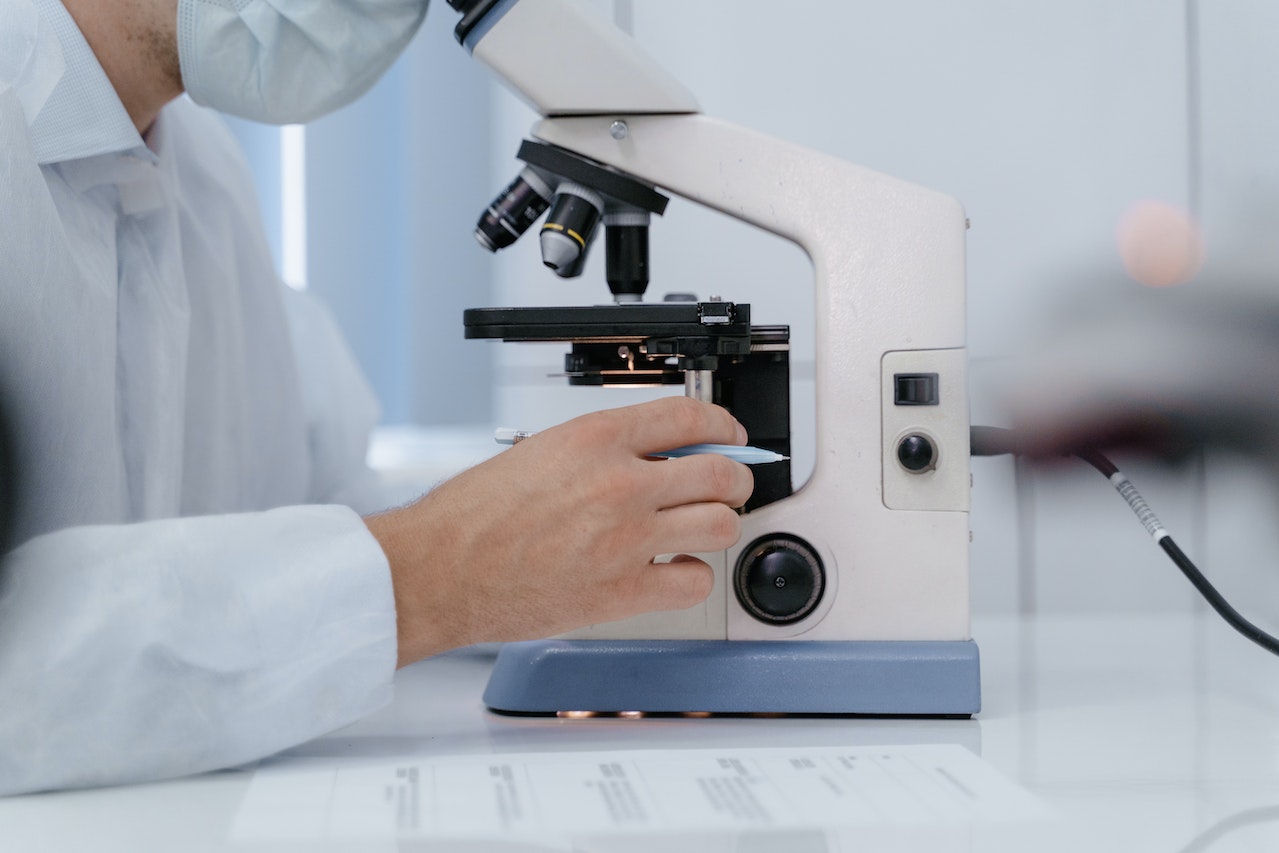
Anatomic pathologists are physicians who focus on the diagnosis of disease. Subspecialties include cytopathology, dermatopathology, breast pathology, gynecologic pathology, gastrointestinal and liver pathology, pulmonary pathology, neuropathology, autopsy pathology, and more.
- Macroscopic and microscopic examination of organs and tissues
- Use of immunohistochemical stains, molecular studies, and ancillary tests to guide diagnosis and treatment
- Intraoperative consultations (frozen sections)
Clinical Pathology
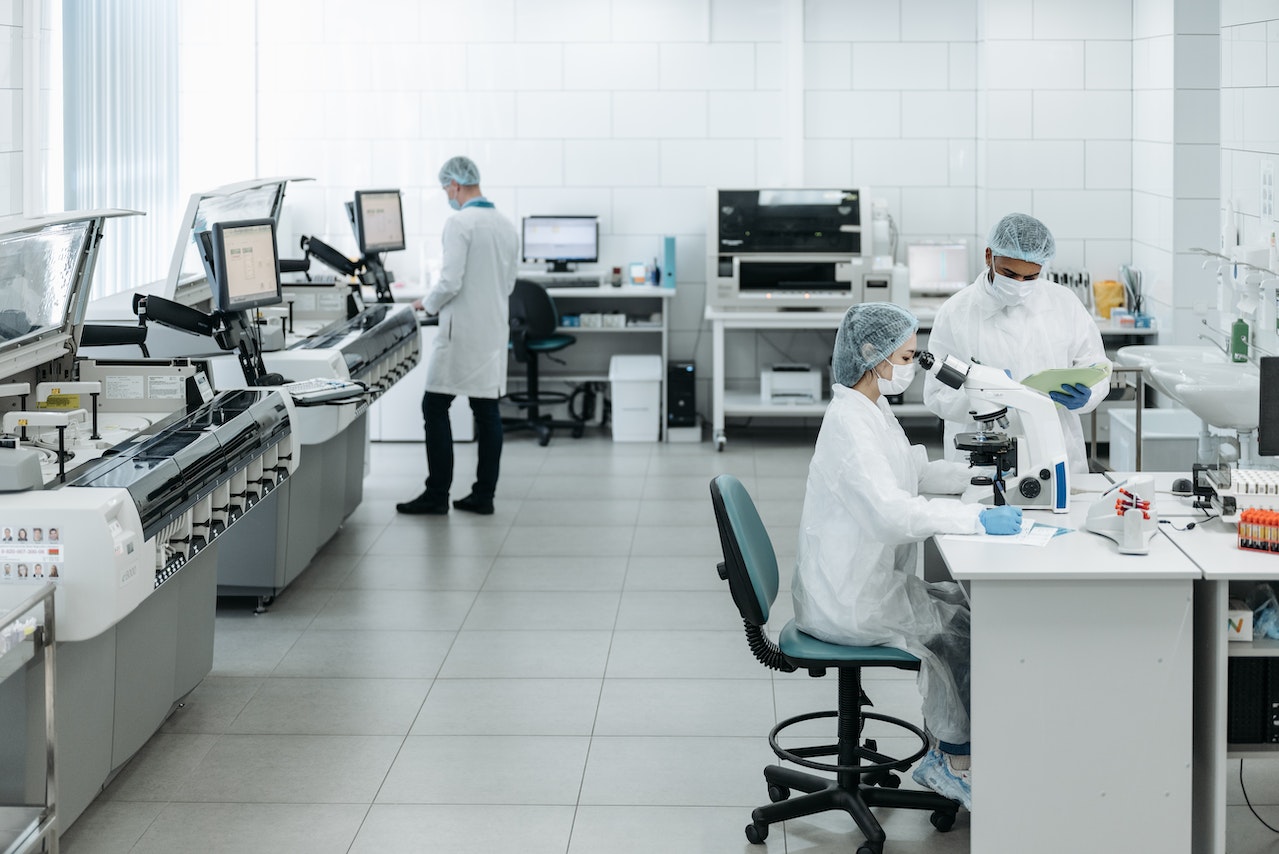
Clinical pathologists oversee all laboratory testing and often consult 24/7. Subspecialties include hematopathology, transfusion services, microbiology, immunology, and chemistry.
- Selection, evaluation, and implementation of testing methodology
- Designing protocols and establishing parameters for testing
- Oversight of all laboratory testing for accuracy and timeliness
- Microscopic examination of blood and body fluids
- Supervision of laboratory technicians
- Consultation with medical staff on operational issues and test availability
- Communication of unexpected or critical results to physicians
- Compliance with state, federal, Medicare, Joint Commission, and CAP standards
- Quality assurance and implementation of improvement measures
Frequently Asked Questions
Here are some answers to frequently asked questions.
Secure Payment Links:
Contact Us
Please call the appropriate number below for billing or specimen inquiries.
